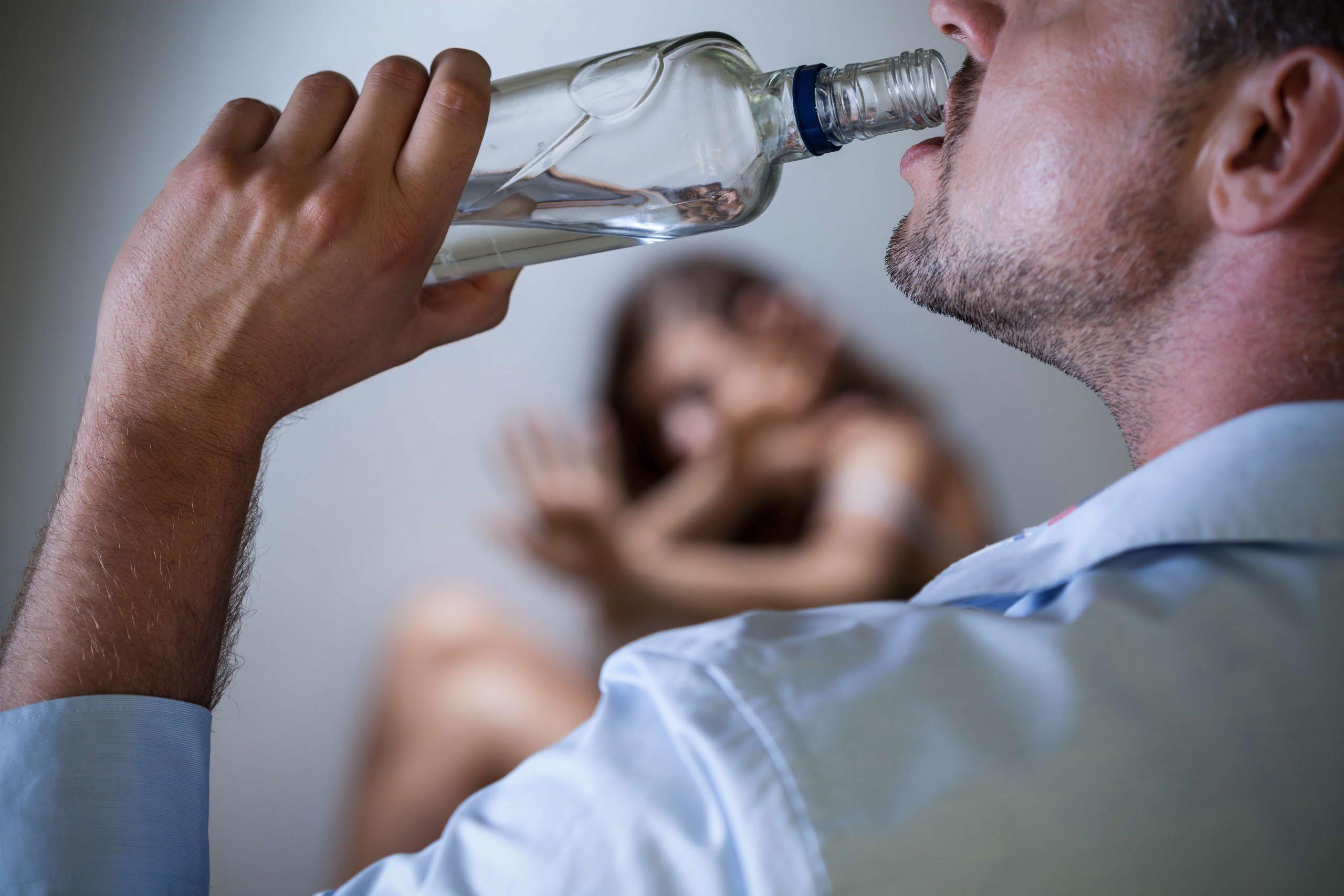What does it feel like to be drunk? Effects and stages
But how can this small thing cause such a profound effect on our bodies? While intoxication involves manageable symptoms of alcohol use, alcohol poisoning is a medical emergency that requires immediate attention. Differentiating between being drunk and alcohol poisoning is crucial for ensuring appropriate action and care. Understanding the recovery process after being drunk or being high can help individuals take appropriate steps to support their well-being and return to a sober state. It’s worth emphasizing that the legal ramifications of being drunk or high extend beyond driving offenses or drug possession charges.

Long-Term Health Issues

That’s one reason young people are so much more likely to binge drink. It’s hard to pin down how someone will react to alcohol because everyone is different — alcohol affects people differently based on their age, gender, weight, and health. The first time https://gosnalban.com/alcoholic-rage-syndrome-symptoms-and-how-to-cope/ we drink alcohol is often the most unpredictable, but even among those of us who drink regularly, the effects of alcohol change as our tolerance increases. When alcohol reaches your bloodstream, it immediately affects your brain function and creates brain fog that impairs cognitive abilities.
Stage 1: Sobriety (BAC: 0.01–0.05%)
- While some individuals with depression and anxiety might turn to alcohol to alleviate their symptoms, excessive alcohol use can actually worsen their mental health condition.
- Persistent alcohol consumption can cause lasting damage to brain areas responsible for emotion regulation and cognitive functions, thereby exacerbating mental health problems.
- It’s important to note that the effects of alcohol on cognitive function can vary from person to person.
- These mood swings are often unpredictable and can lead to conflicts and misunderstandings in social settings.
- Alcohol affects various bodily systems, leading to a range of physical effects.
A person who drinks a small amount each hour is better able to filter the alcohol out of their blood, allowing their liver time to process it. This enables them to either maintain a certain level of intoxication or gives their body a chance to completely eliminate the alcohol before the next drink. Being tipsy refers to a mild state of intoxication caused by alcohol consumption.
Specific Long-Term Health Problems
Despite these impairments, overall intelligence, as measured by IQ tests, usually remains intact. Suddenly, you’re an incredible dancer or the world’s most hilarious stand-up comedian. People who spend a lot of energy controlling their impulses drink in order to let themselves go. The first drink of the night excites you, the last drink of the night sedates, and that isn’t nearly as much fun. College kids indulge in binge-drinking because they’re still bright-eyed novices when it comes to taking chemicals that alter their mood – the more the merrier. If you see any of these signs, it’s important to get the person’s help right away.
Drinking too much can make even the best of us look “sloppy.” That’s because alcohol activates a receptor in the brain called TLR4, which impairs motor function. This can lead to behavior changes like slurred words and stumbling when we are drunk. Reducing drinking, or even eliminating it altogether, can lower a person’s risk of these conditions and complications. In these cases, be conscious ofhow alcohol is affecting youand remember the BAC limit for driving in the U.S. is0.08. Our outpatient addiction treatment approach means you receive high-quality care while maintaining your daily responsibilities and living at home. Plus, we’re always introducing new features to optimize your in-app experience.
- Drinking is fun when you are out with friends, and its effects are pleasant, but remember that your liver takes time to process alcohol.
- For one thing, sudden withdrawal from alcohol can cause severe symptoms, including anxiety, tremors, and hallucinations.
- On the other hand, when alcohol is consumed slowly and spaced out over a longer period, the body has more time to process and eliminate the alcohol.
The Recovery Village Indianapolis
When tipsy, individuals experience subtle changes in their physical and mental functioning. Their inhibitions slightly decrease, allowing them to be more outgoing without significantly disrupting others, even as they feel more relaxed and sociable. While minor coordination issues and slight speech slurring occur, most people remain functional.
Individuals who are already experiencing stress or anger may become more volatile when drunk, resulting in arguments and physical altercations. At this stage, significant loss of coordination and memory blackouts can occur after consuming 4-5 drinks for women and 5+ for men. Individuals may struggle to remember events and make coherent decisions. They may feel slightly more relaxed but are still in control of their actions and decisions. As intoxication reaches its peak, some individuals may experience a complete loss of consciousness. This state is characterized by the inability to remain awake or respond to external stimuli.
Choose a responsible individual who will remain sober and ensure everyone’s safe return home. Alternatively, what does it feel like being drunk consider using ride-sharing services, taxis, or public transportation to get to and from your destination. By being informed about the risks and dangers of excessive intoxication, individuals can make informed choices and prioritize their well-being while enjoying alcohol responsibly.

Additionally, quitting alcohol suddenly can trigger a relapse for people who are in recovery from alcoholism. With 1-3 drinks for women and 2-3 for men, individuals often feel more confident, talkative, and less inhibited. This stage is marked by a sense of euphoria and increased sociability. When an individual is unconscious due to alcohol intoxication, it can be a serious and potentially life-threatening situation. It is important to seek immediate medical assistance if someone is unresponsive and cannot be awakened.
If this pattern of heavy, rapid drinking continues for long periods, the body will inevitably adapt to the consistently high levels of alcohol consumed. Simultaneously, the very structure and function of nerves within the brain will undergo significant changes, leading to physical dependence. Critically, the release of these endorphins and the interaction with GABA are concentrated within the brain’s reward center—the mesolimbic dopamine system. If alcohol is consumed in large enough quantities, or for long periods of time, those initial feel-good responses powerfully trigger feelings of pleasure and reward.
This exaggeration of your core personality traits is a key reason why your behavior can feel so different. Recognizing these patterns is a crucial part of mindful drinking and making conscious choices about how you want to feel and act. As the level of intoxication deepens, individuals may experience increased confusion and disorientation. These effects are often attributed to the impact of alcohol on what is Oxford House the central nervous system, which can impair cognitive function and decision-making abilities. The social environment plays a significant role in the experience of being drunk.
The Science Behind Intoxication
If you couple a fizzy alcoholic drink with drinking on an empty stomach, then the rate of absorption will increase further. Playing around with neurotransmitters, alcohol makes the body feel relaxed and sleepy, and finally, we arrive at a stage where brain activity is completely impeded. Although alcohol misuse can be difficult to live with, it’s treatable.
